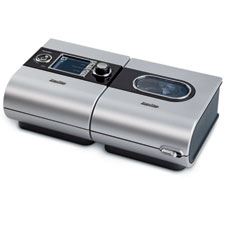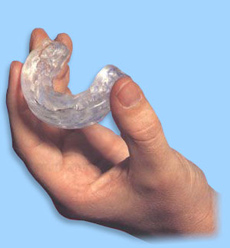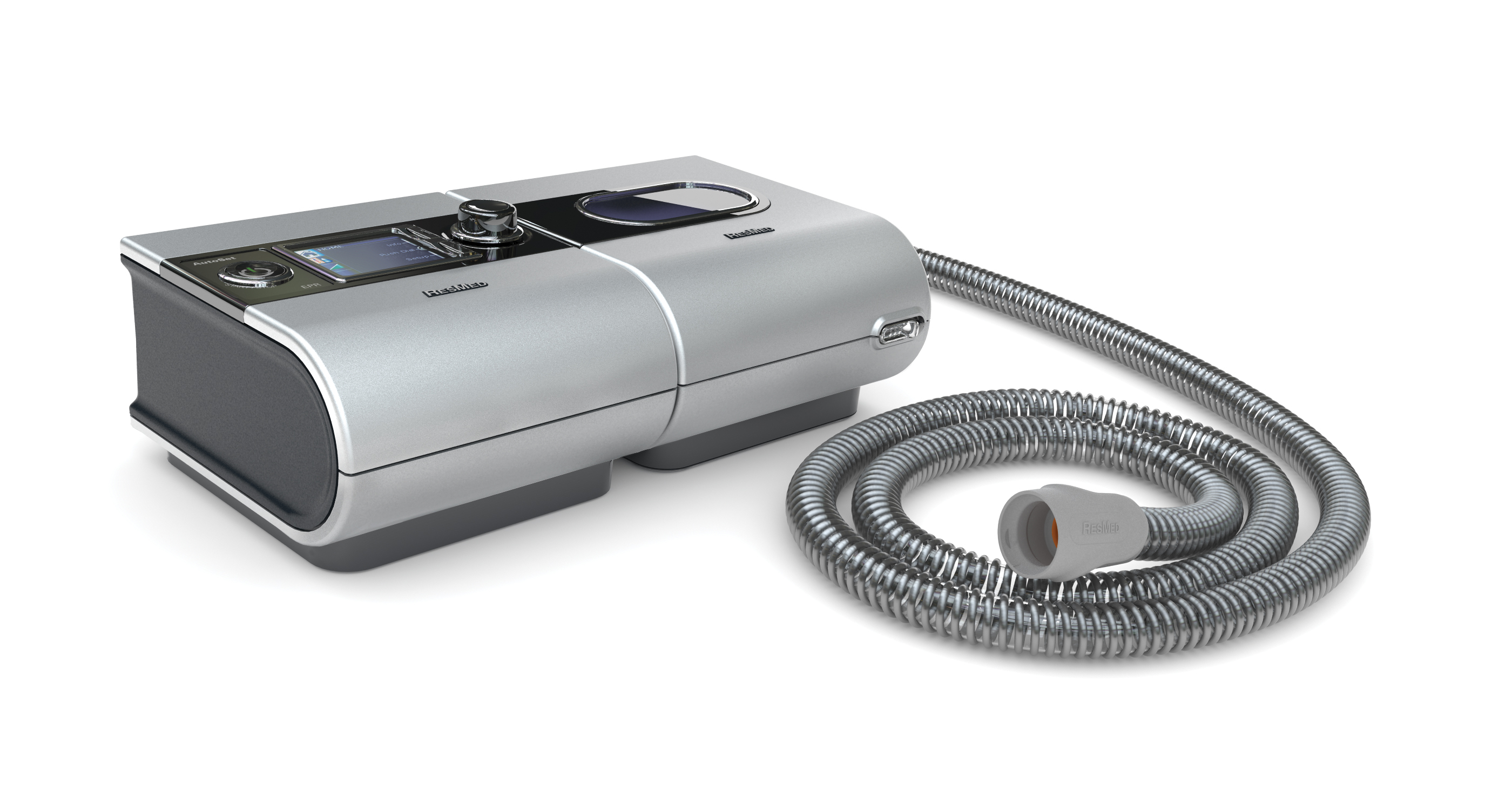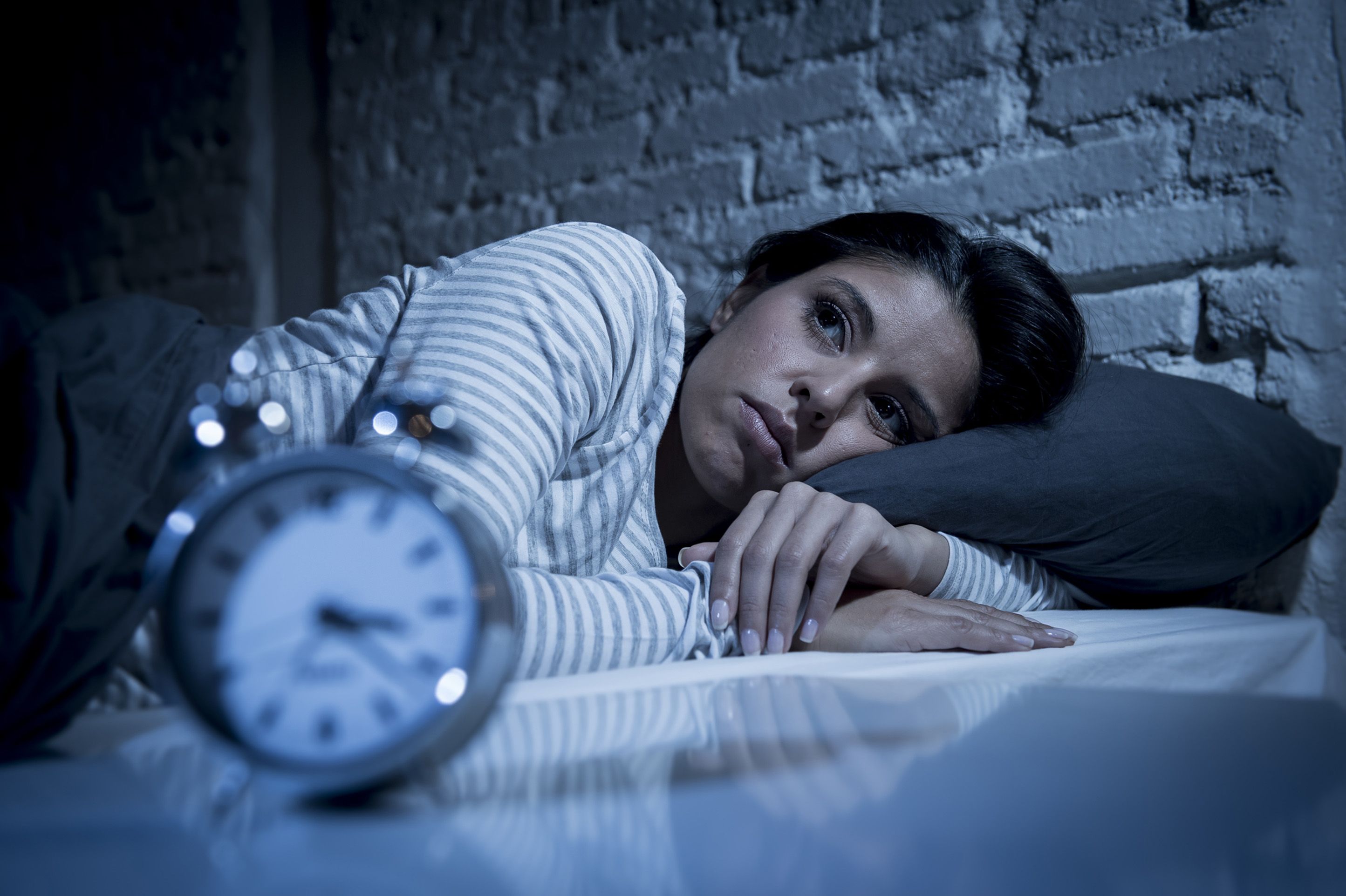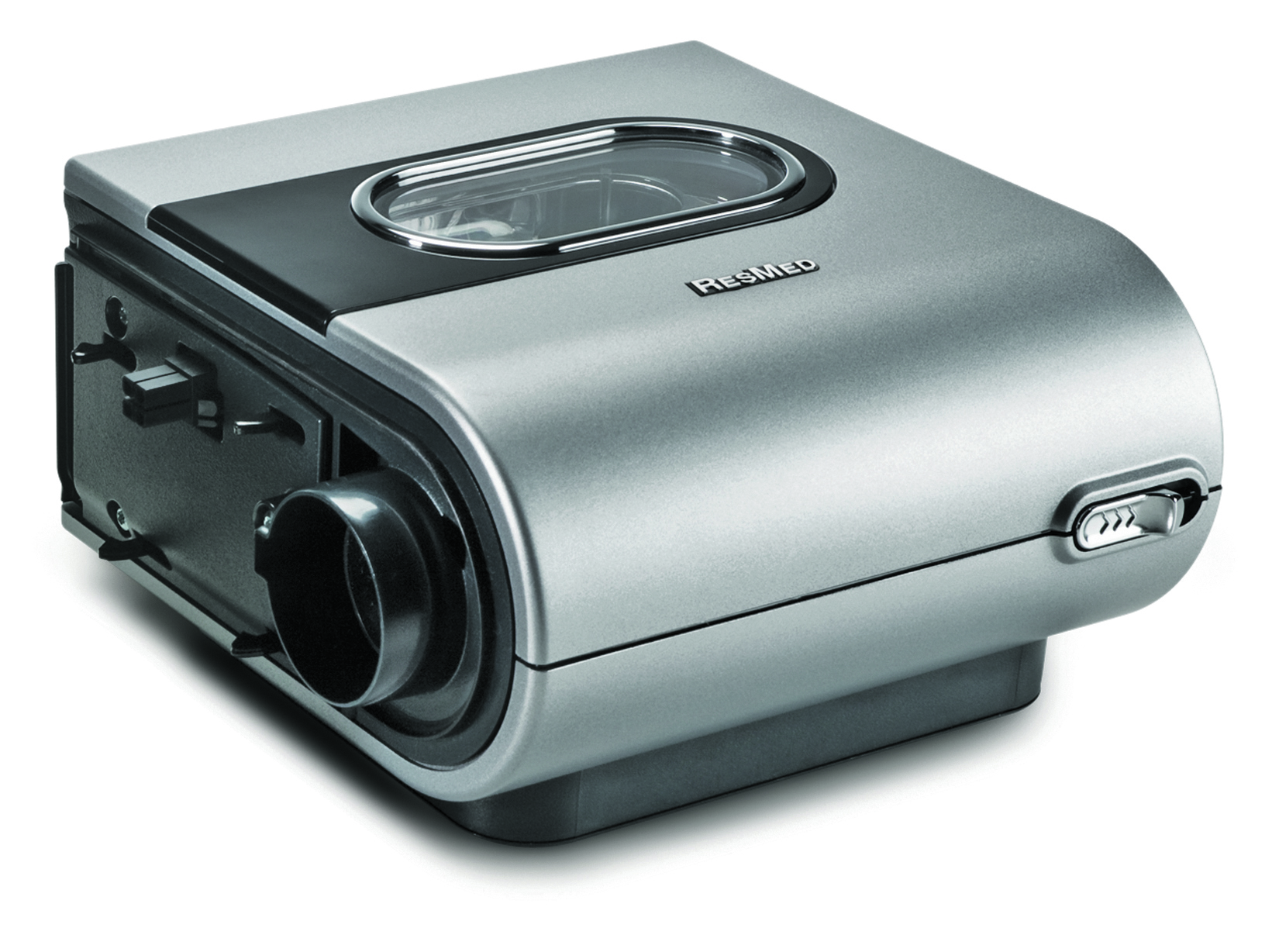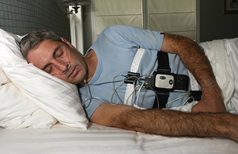Home›Over The Counter Sleep Aidsttp://www.w3.org/TR/xhtml1/DTD/xhtml1-transitional.dtd”>
What Are The Best Over The Counter Sleep Aids?
Because of the rampant insomnia that occurs in societytoday,over-the-counter sleep aidsarenow more popular than ever.
Despitetheir long history and many studies showing the efficacy of each type of non-prescriptionsleeping aids, it seems that the public remains less than educated on thesubject.
Because of this fact, manychoose the wrong sleeping aids, leaving them waking up with side effects like:
- Dry Mouth
- Blurred Vision
- Loss of Memory
- Dizziness
- Clumsiness
- Constipation
The reason for these side effects is that mostover the counter sleep aidsgain theireffectiveness from an ingredient called an antihistamine.
But this isn’t the only class ofover the counter sleep aidsavailable. When it comes to sleeping aids there are twobroad categories:
- Antihistamines
- Herbal Sleep Aid.
And with each of those categories, subcategories exist. For example, antihistamines come in a fewdifferent forms, their classification mostly dependent on the inclusion or exclusionof three ingredients.
- Diphenhydramine hydrochloride
- Diphenhydramine citrate
- Doxylamine succinate
Using Antihistaminesas Sleeping Aids
Antihistamines use either diphenhydramine hydrochloride or doxylaminesuccinate to provide the sleepy or drowsy effect people desire when they takeover the counter sleep aids.
Some of the most popular brands of sleeping pills thatcontain diphenhydramine hydrochloride are:
- Sominex
- Compoz
- Unisom SleepGels
- Tylenol PM
Other brands ofover the countersleep aidsthat contain doxlamine succinate are:
- Unisom tablets
- Equate
Regardless of which active ingredient antihistamine sleepingpills utilize, they all act in the same way: by inhibiting the neurotransmitterso that your central nervous system is suppressed.
This suppression is the reason that mostpeople will still feel groggy or drowsy in the morning, even after a fullnight’s sleep. In some cases, people mayeven feel nervous, restless and agitated—especially the young or the old.
But one of the largest problems with these types ofover the counter sleep aidsis that theyare only meant to be taken for a short while and are highly addictive.
For those with transient insomnia or insomniabased on illness or depression, antihistamines can be an effective tool forcuring sleeping ailments when taken as directed.
But when taken for long-term periods of time, the addictivequalities of theseover the countersleep aidscan often become problematic with patients experiencing horridwithdrawal symptoms upon cessation. Doctors such asAngelo Cuzalinasuggest trying herbal remedies to avoid so many side effects.
Sedative Hypnotics
Other sleeping medications are known as sedative hypnoticsand work by acting on receptors in the brain. This slows down the nervous system, inducing sleep.
While still potentially habit-forming due totheir slow expulsion from the body, many find sedative hypnotics to leave aless-drowsy feeling the morning after than with antihistamines. There are threemain categories of sedative hypnotics.
Melatonin ReceptorAgonist Hypnotic
Though less addictive than other medications but still withits share of side effects, thisover-the-countersleep aidmimics melatonin, the naturally occurring sleep regulationhormone. Two of the more popular melatonin receptor agonist hypnotics are:
- Ramelteon (Rozerem)
- Benzodiazepine sedative hypnotics
Thelatter of these two has been around for a while, and isstill largely used by many people. Though more addictive than others forms ofsleep aids and classified by the FDA as a controlled substance, newer versionsof benzodiazepine sedative hypnotics are trying to lessen the tendency ofaddiction. Typically used to treat anxiety, Benzodiazepines approved by the FDAinclude:
- Estazolam (ProSom)
- Temazepam (Restoril)
- Quazepam (Doral)
- Triazolam (Halcion)
- Flurazepam (Dalmane)
Non-Benzodiazepinesedative hypnotics
Most of the newer, safer and non-addictive sleep medicationsfall under this category. Having adifferent chemical structure than benzodiazepines, the lessened side effects andaddictive properties are making this sleeping aid a popular choice. You may recognize the following:
- Eszopiclone (Lunesta)
- Zalepon (Sonata)
- Zolpidem (Ambien)
Trazodone (Desyrel)and Insomnia
Although not approved by the FDA for use in insomniapatients, Trazodone is still one of the most widely and popularly prescribedsleeping aids.
Like other sleepingmedications, Trazodone is only effective for short-term usage, not forlong-term sleeping disorders.
Unlikeotherover-the-counter sleep aids,Trazodone carries with it a high risk of suicidal thoughts and depression,especially in young adults and children.
Herbs SleepAids
On the flip side of the coin from the heavily side-effectladen chemical sleeping pills are herbal sleep aids. With their low-to-no side effects, herbalremedies for sleep such as:
- Valerian Root
- Chamomile
- Passionflower
- HumulusLupulus
- Melatonin
- Kava
- Lemon Balm
- Lavender
- St. John’s Wort
are very effective and gentle with their sedativeproperties. The main concerns here (ifany) would be allergic reactions to the plants or pollen contained in some ofthese herbal sleep remedies.
The herbalover the counter sleep aidknown asvalerian root can sometimes cause blurred vision, wild dreams, excitability andchanges in heart rhythms.
Calms Forté
Calms Forté tablets are composed of four botanicals meant tosoothe and quiet irritated nerves and edginess without sedatives ortranquilizers. Using five biochemic phosphates with triple potency, this over the countersleeping aidclaims that it feeds the nerves of the body, strengthening them andhelping you tocope with everyday stress and strain better.
With many positive reviews and little-to-no side effectsreported, Calms Forté contains passionflower, humuluslupulus, chamomile, andmany other herbal ingredients. Also used to treat attention deficit disorderand general nervousness, this sleep aid is effective for all types of sleepdisorders.
Melatonin Supplements
The naturally occurring hormone secreted by the pineal glandin the brain is known as melatonin. Because it works on the circadian rhythm (our biological clock thatregulates our sleep/wake cycles), melatonin is vital to getting a good night’ssleep.
Unfortunately, there areliterally thousands of reasons that humans become melatonin deficient includingage, blindness, work schedules, light sources and stress.
Melatonin supplements can be used as a quick way to readjustthe lack of melatonin in the body and rebalance the sleep cycle. Melatoninsupplements can also be used by people who want to wean themselves off of sleepmedication addiction.
Some natural sleep aids use melatonin in conjunction with herbs like chamomile and lemon balm to help lull the body back to sleep without acting as a true sedative. Sleep aids that mimic the body’s natural sleep response may help guard against side effects like grogginess that can come with other types of sleeping aids.
Melatonin can come with certain side effects which include:
- Sexual Irregularities
- Mood Swings
- Depression
Although safe for most people, small children and pregnantwomen should not use melatonin supplements as well as the people with thefollowing conditions (without first consulting their physicians):
- Lymphoma
- Extreme Allergies
- Depression
- Rheumatoid Arthritis
- Auto Immune Diseases
- Some Cancer Patients.
SAMe
SAMe stands for S-adenosyl-methionine, an aminoacidderivative found naturally in the body. Used for a few weeks, thisover the counter sleep aidcan not onlyhelp you sleep, but treats depression and chronic fatigue as well by promotingserotonin production in the body.
Unlessconsumed in large quantities (producing gastrointestinal discomfort), SAMe hasno other known side effects.
Guide To Using SleepAids
- Sleepingmedications, be they approved or not by the FDA, are only intended forshort-term usage.
- Consultyour physician before starting any form of sleep aid, especially if you’repregnant, nursing, have glaucoma or breathing problems.
- Over the counter sleep aidsshould notbe taken in conjunction with other sleeping pills, sedatives, tranquilizers orantihistamines.
- Sleepingaids are to be taken before bedtime only.
- Donot use sleeping aids on children under the age of 12.
- Followthe instructions “to the T” on the back of sleeping aid packaging unlessotherwise directed by your physician.
If you’d like to learn more about the different methodsavailable to you to help you get a restful night’s sleep tonight, click here

